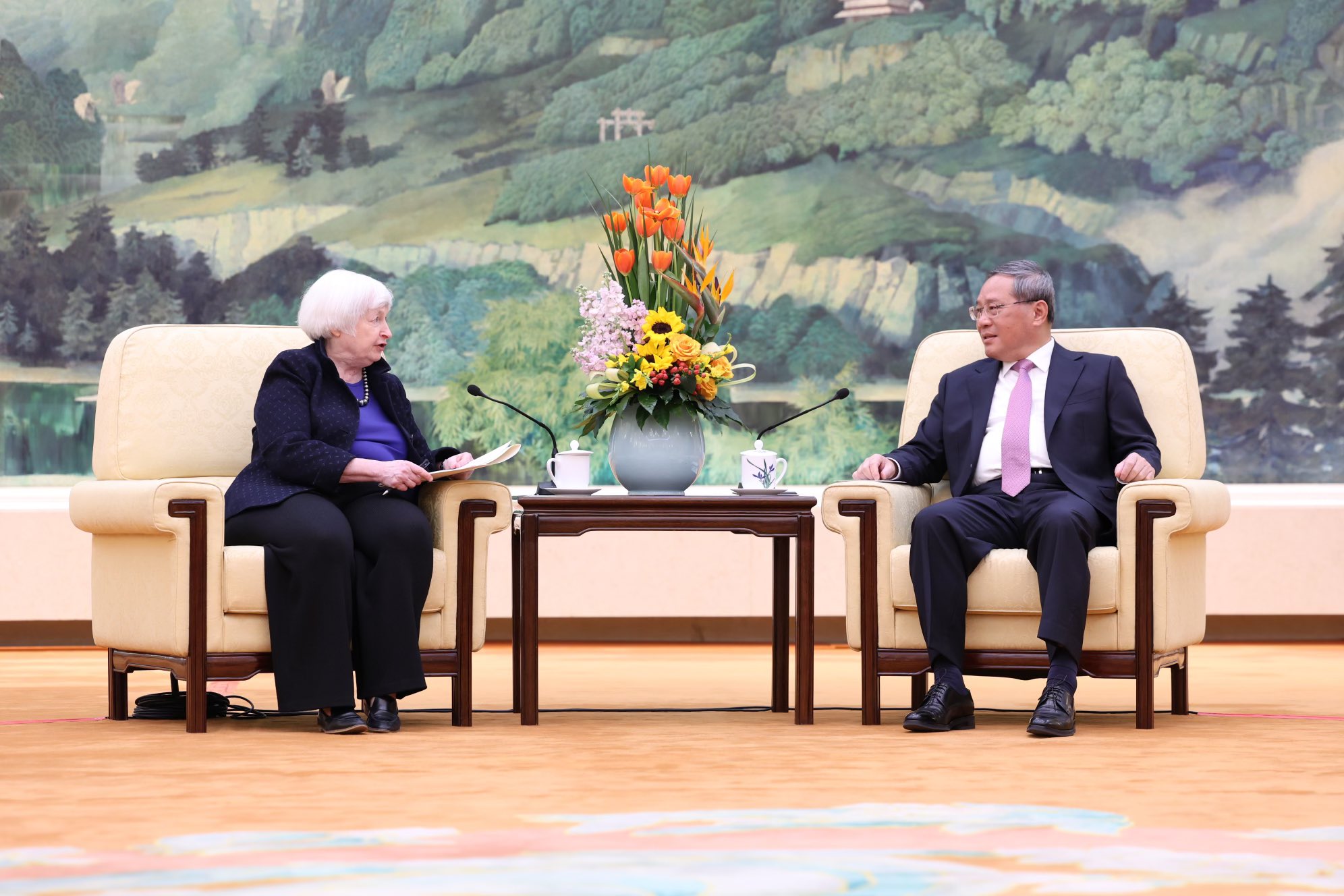Stabilizing US-China Relations: Janet Yellen’s Strategic Visit to China
| By Linyi Zheng |
US and China Move To Mend Relations
Amid fluctuating dynamics within Sino-American relations, the recent six-day visit to China by U.S. Treasury Secretary Janet Yellen marks a significant development. Nine months after her previous trip, Yellen’s visit underscores an attempt at stabilizing relations between the world’s two largest economies. Her engagements in Guangzhou and Beijing with top Chinese officials and stakeholders signify a critical step towards dialogue and cooperation amidst ongoing tensions.
Principles and Commitments in High-Level Dialogue
Yellen’s visit followed a telephone conversation between President Joe Biden and Chinese President Xi Jinping, in which both leaders emphasized the principles of peace, stability, and trust as guiding bilateral relations for the year. This backdrop of high-level engagement suggests a concerted effort to address economic and strategic concerns through sustained dialogue.
Dialogue Channels and Diverse Engagements
During her visit, Yellen engaged in multifaceted discussions with Chinese counterparts, including Premier Li Qiang, Vice Premier He Lifeng, People’s Bank of China Governor Pan Gongsheng, and Finance Minister Liu Kun. These meetings, encompassing various levels and domains, indicate a mutual recognition of the complexities in the U.S.-China economic and strategic landscape. Beyond governmental interactions, Yellen’s dialogues with Chinese scholars, students, and representatives from American and international businesses reflect a broader engagement, aiming to foster mutual understanding and cooperation.
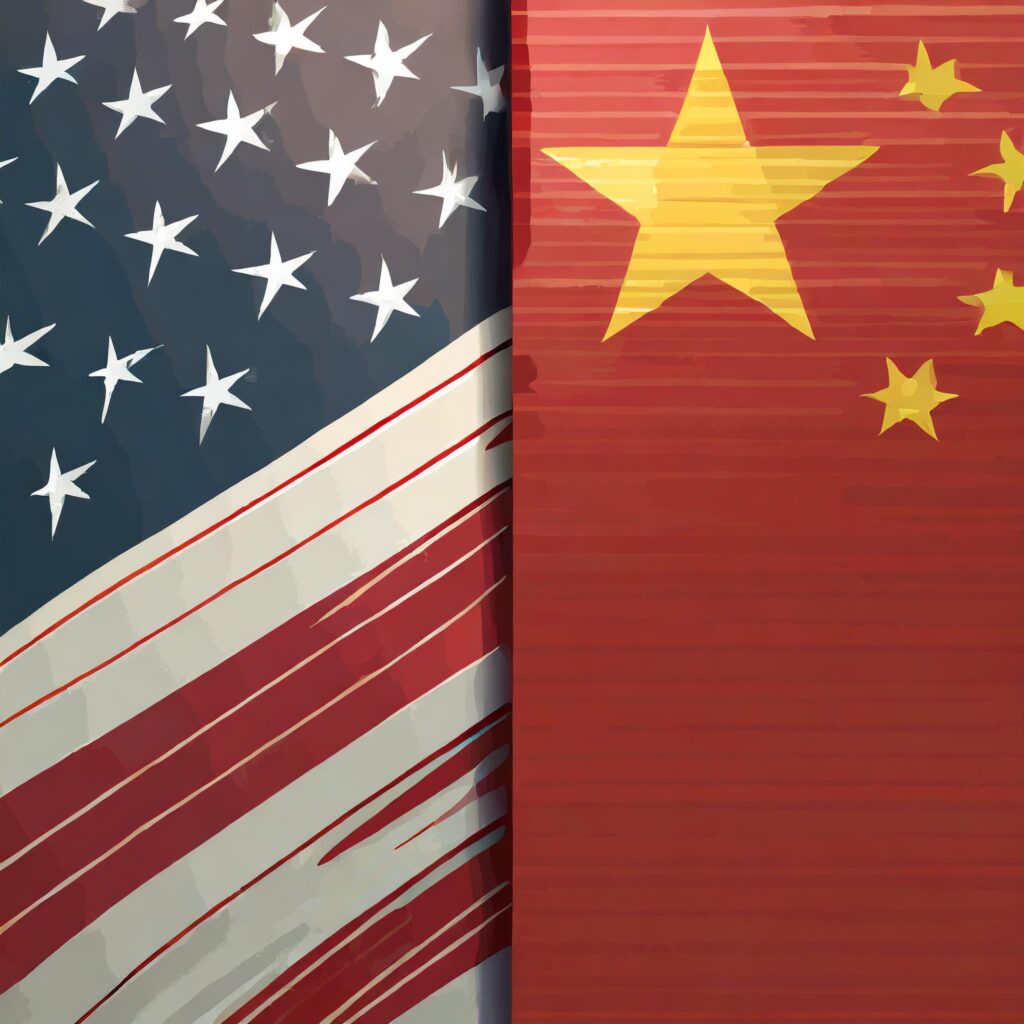
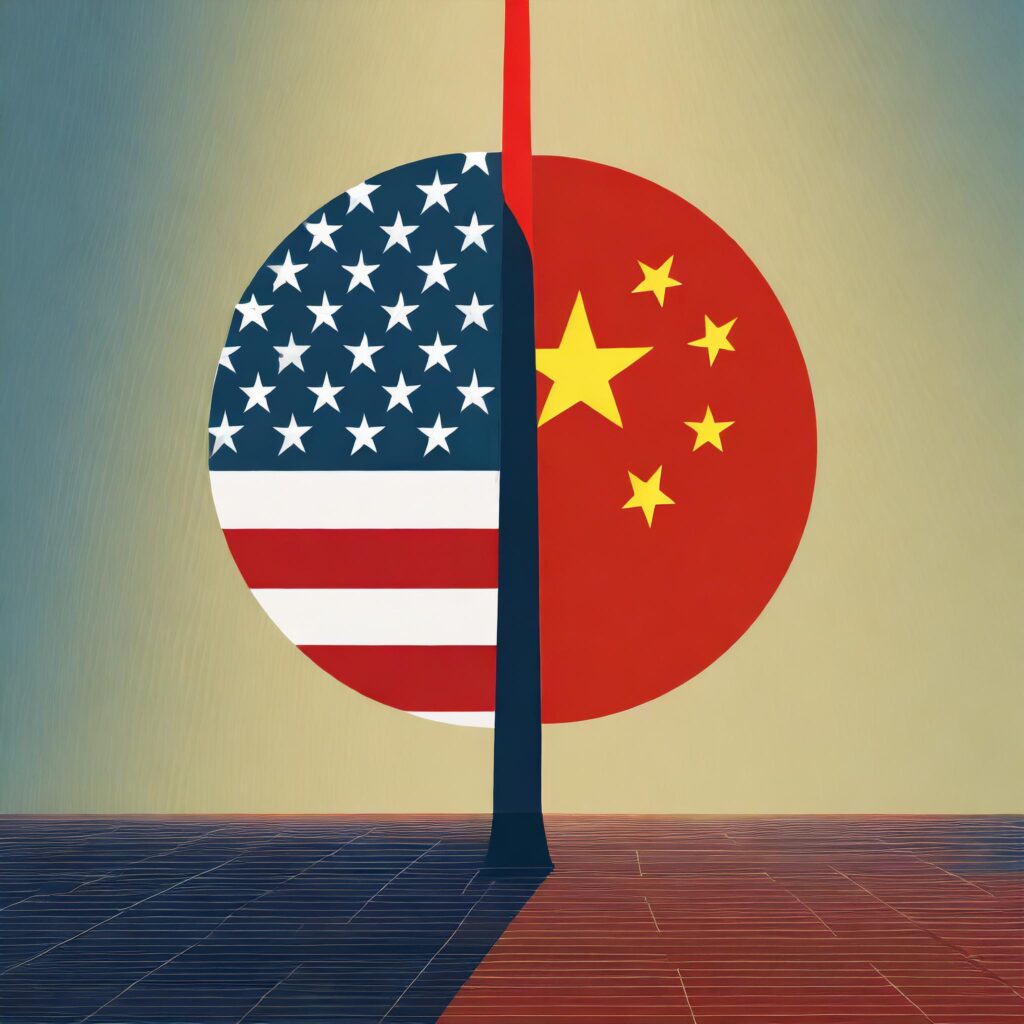
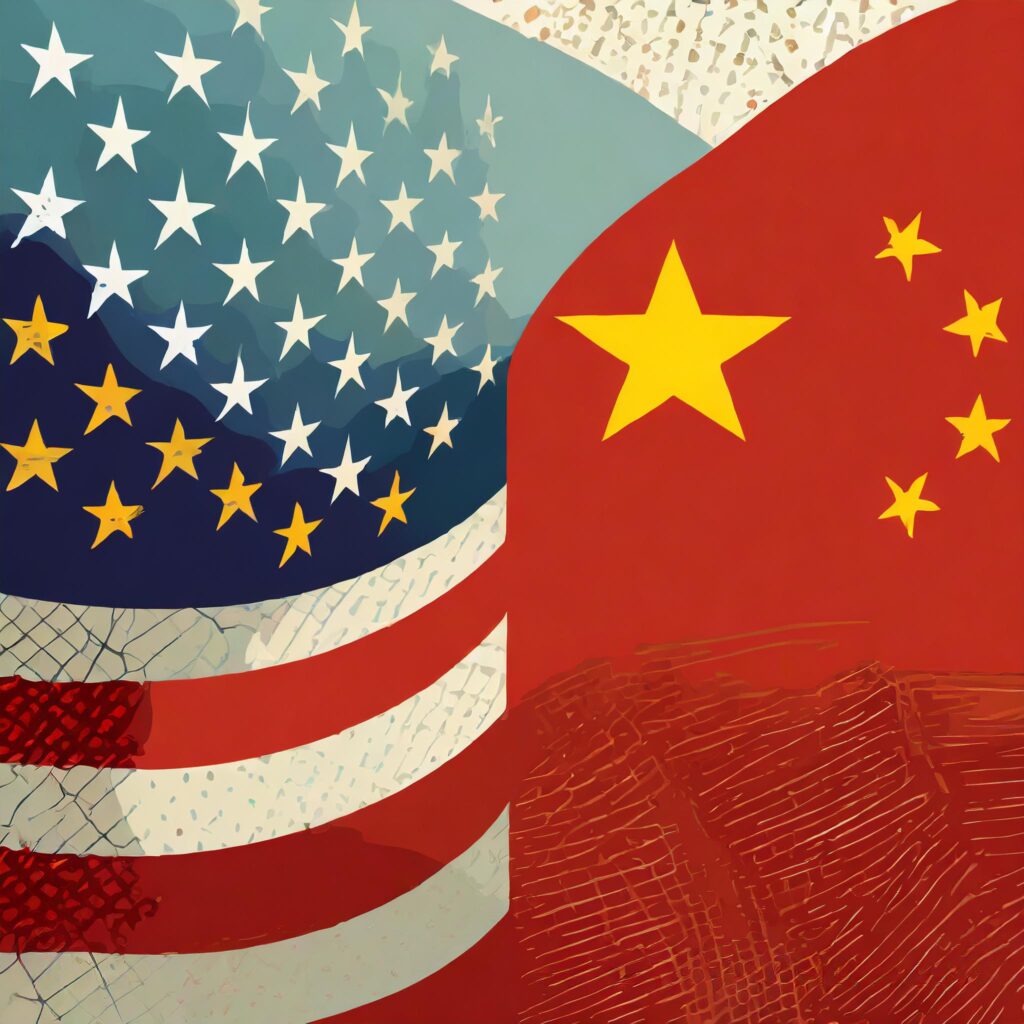
Resolving Tensions in Bilateral Trade
The discussions led to new consensuses, particularly under the U.S.-China Economic and Financial Dialogues frameworks, focusing on balanced global economic growth and sustained financial exchange.
However, the visit had its tensions, especially regarding bilateral trade and economic issues. China expressed severe concerns over U.S. sanctions, tariffs, and investment restrictions against Chinese enterprises. Conversely, the U.S. raised issues regarding China’s capacity in critical sectors, particularly the new energy vehicles, lithium batteries, and solar cells, which are central to China’s industrial strategy.
Economic Intentions and Diplomatic Messaging
Looking ahead, both nations anticipate further discussions at the upcoming Economic Dialogue meetings to address these concerns comprehensively. The narrative surrounding Yellen’s visit, as portrayed by media and analysts, suggests a U.S. intent to foster a stable and productive economic relationship with China, driven by economic rather than political considerations.
Shared Interests in Global Economic and Security Frameworks
The meetings and outcomes of Yellen’s visit reflect a broader context of global economic realignments, technological advancements, and strategic recalibrations. The emphasis on economic and financial dialogues underscores the shared interest in maintaining global economic stability and addressing shared challenges like climate change, cybersecurity, and regional stability.
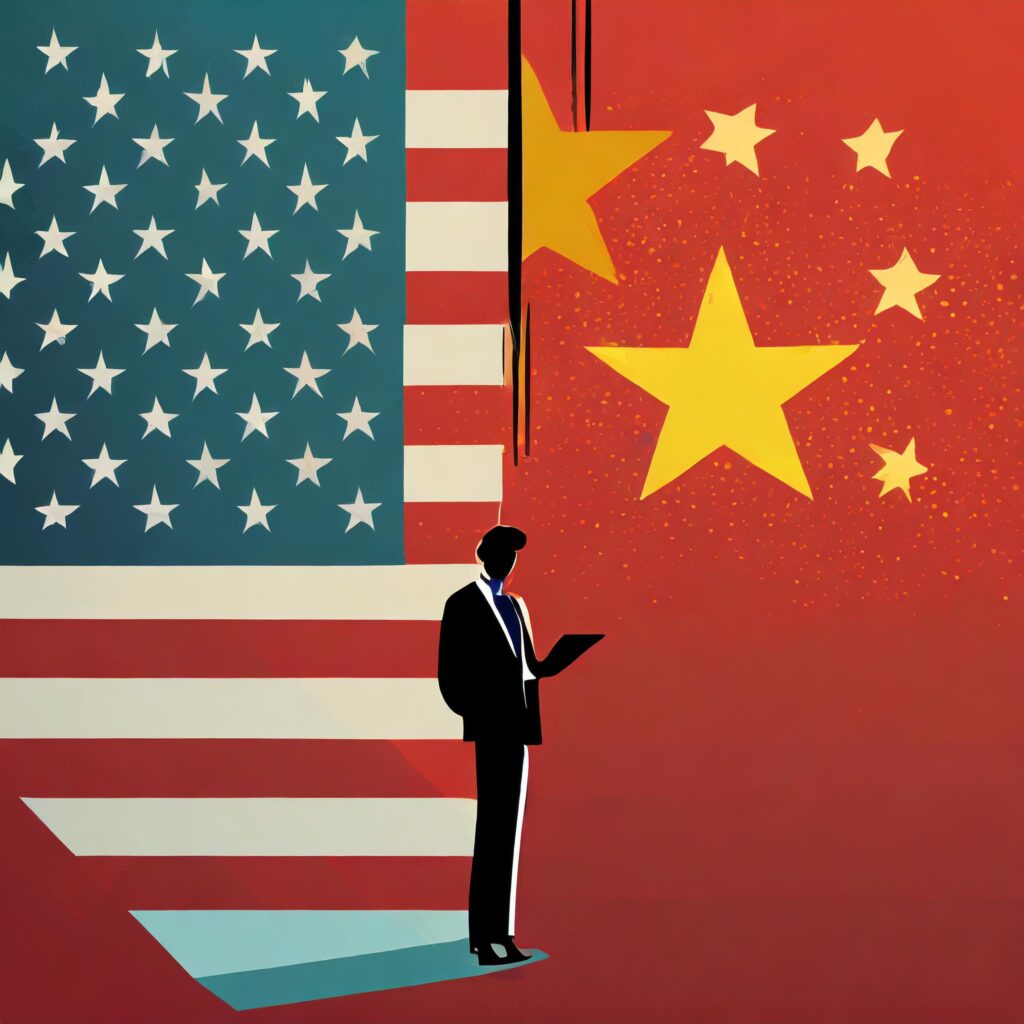
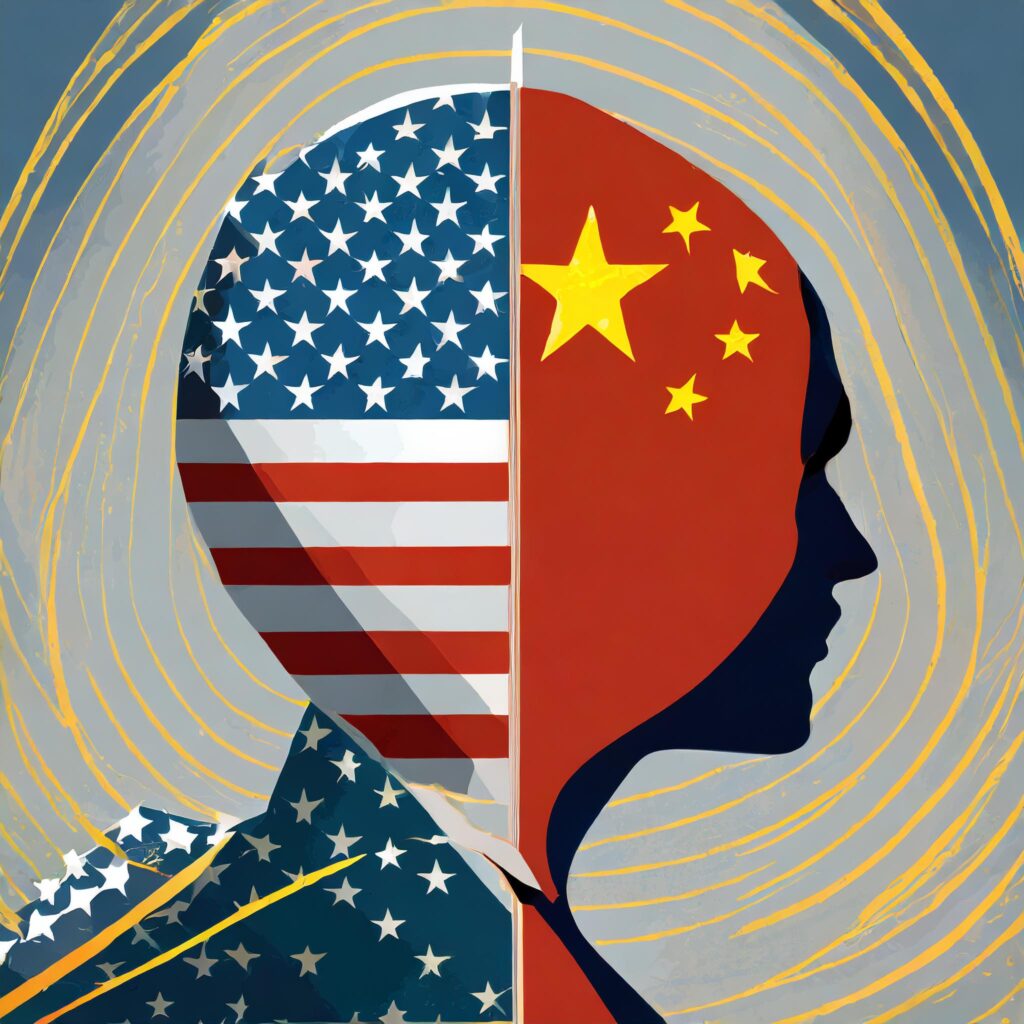
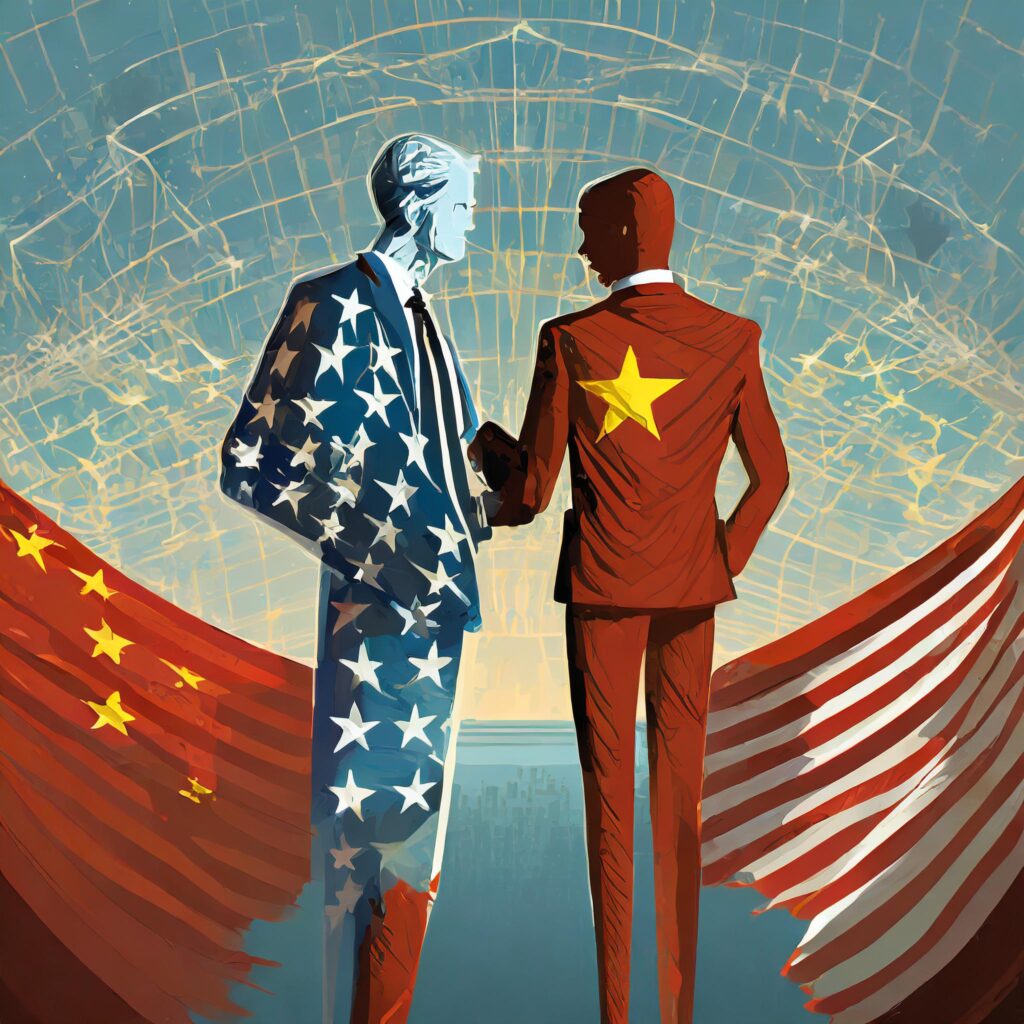
Janet Yellen visits China on her second visit in the past year. Photo Credit: US Embassy – China

